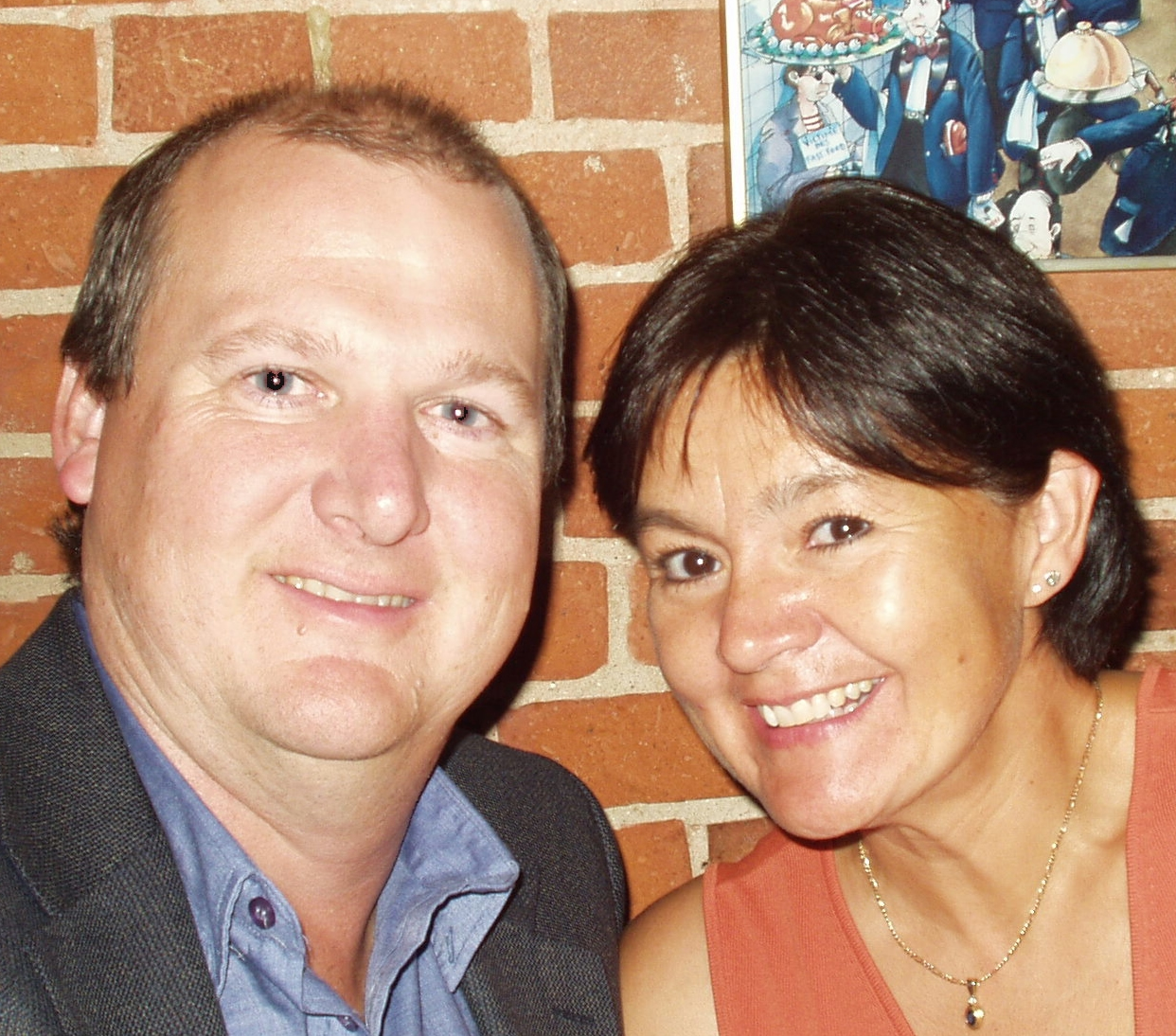Ronda Wabie (BA 1984 NEW) and Greg Evans (BASc 1982, MASc 1984, PhD 1989) met while attending U of T. Greg is now a professor of chemical engineering at U of T, and Ronda is a consultant on Aboriginal Head Start, an early childhood education program. They have two sons: Drew (BA 2007 VIC) and Cass, who just completed his third year of engineering at the university.
Ronda: During my second year at U of T, I attended a house party. One fellow stood out; he wore reflector sunglasses, a police hat and a tuxedo jacket adorned with pins. Apparently his friends were enjoying a good joke at his expense; they had told him it was a hat-themed costume party. We had a long conversation, although I never did see his eyes under those reflector glasses. I told my friends that I could marry someone like him one day, wardrobe notwithstanding.

Next week at the Vic Pub I met a fellow with gorgeous blue eyes who seemed to know a lot about me. Eventually, I realized it was Greg. Two years later we were married, and had our wedding pictures taken at Hart House and held our reception at the SAC Pub.
Greg: While studying for my master’s degree in engineering, a soccer teammate invited me to a house party. He mentioned that the figure skating team would be there, which sounded like a great reason to attend. Of course, I was the only one dressed for the “costume party.” Luckily, a stunning Aboriginal girl seemed to take a real interest in me. She told me all about herself, including that she regularly attended the Vic Pub.
Next week I went to the pub and found Ronda. She did not recognize me, so I pretended to read her mind and tell her all about herself. After she caught on, she agreed to a date – which led to an engagement, a wedding, two children, world travels and grand plans to summit Mount Kilimanjaro this July on our 25th anniversary.
Recent Posts
U of T’s 197th Birthday Quiz
Test your knowledge of all things U of T in honour of the university’s 197th anniversary on March 15!
Are Cold Plunges Good for You?
Research suggests they are, in three ways
Work Has Changed. So Have the Qualities of Good Leadership
Rapid shifts in everything from technology to employee expectations are pressuring leaders to constantly adapt





